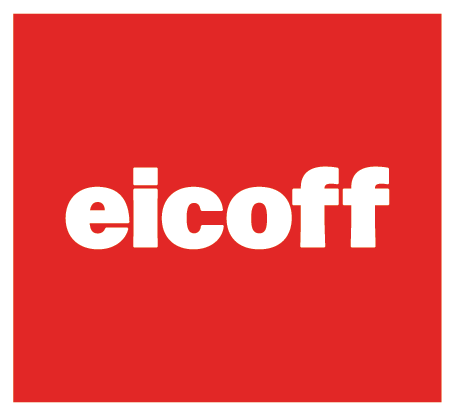Google Wants to Make Mobile, Video and Programmatic 'Revolutions' Blasé by 2020
Author: Christopher Heine Source: AdWeek
Philipp Schindler was Google's ad chief for years, but few would know it. Having hailed from Germany, Schindler spent a good portion of his 11 years at Google running its European business before quietly ascending to global chief business officer 13 months ago. Now, for the first time in this role, he sat down with Adweek as he prepares to take the stage on Monday to address the industry at Advertising Week.
Schindler predicts his three favorite "revolutions"—mobile, video and programmatic—will be so common that by 2020 "we will actually look back and laugh that we called them revolutions."
Per Google, two-thirds of smartphone users say they turn to their devices to learn about a product or service after seeing a television commercial. With that in mind, the 45-year-old exec and his team will unveil to the Advertising Week audience a platform that allows brands to see how YouTube ads compare to TV spots for smartphone searches. Google data will show how its YouTube videos outperform linear TV by two times. "We're the prime time for the mobile world," Schindler proclaimed.
Adweek: What's the No. 1 challenge you're trying to solve for advertisers right now?
Philipp Schindler: It is to really, truly take advantage of the mobile opportunity. We have seven properties at Google with over 1 billion users each. And I think there's been a myth out there that mobile revolves around apps, and we actually tested that. We did an analytical study with 1,000 users, and it turns out that people on the phone turned to search more than to any other service to get things done. It was, like, 87 percent turned to it to meet their needs, whether it's do-quick things like finding a restaurant or longer-term things like starting to think about holidays. We see the same mobile revolution happening on the YouTube side.
Just a few years ago, YouTube practically owned the entire video ads space. Since then, Facebook's really made inroads.
We think it's great that lots of companies are investing in digital video solutions or whatever you want to call the broader space. I feel there's room for lots of models, but the underlying trend is obviously that video consumption or television consumption—whatever you want to call it—is actually moving online. [Let's look at] the TV piece first. In an experiment we just ran, we saw 150 percent higher purchase intent from our paid ads versus television ads. And we also know on mobile—and without mentioning specific competitors—that the lift on brand consideration is four times higher for people who actually saw the video ad with sound on versus those who saw it without sound.
Facebook, for some time, recommended that ad creatives plan for sound being off. It recently reversed that stance. Snapchat—which is the competitor I think you are referencing—is pushing the opposite now. Has Snapchat's rise taught Google about what Gen Y wants?
Frankly, millennials so deeply understand YouTube and are so active on YouTube that we have enough of a territory to learn from millennials in our own environment. We have roughly 50 percent of the U.S. population actually saying YouTube frequently helps them make purchase decisions as well. So going back to your question, I don't worry about us not understanding millennials, to be honest.
How is YouTube's premium ad service, Google Preferred, performing?
The volume of Preferred that was bought this year was already more than double than what we had at the same time last year. Same for the number of brands that are using Google Preferred—it has also doubled year over year. We have a super high repeat rate with clients [including Nestlé and Toyota].
What has your team been doing specifically to improve agency relationships?
It goes all the way from planning and data-integration activities to lots of work on the targeting and the ads-effectiveness side where we partner deeply with agencies, for example, in advanced analytics. We help them optimize campaign performance results and so on. We've launched a whole series of programs that are focused on helping creative agencies innovate better [with things like] unskippable ad labs and brand labs that we run in massive scale now. We have hundreds of specialists, if not thousands, that are focused on areas to help make our customers more successful.
How big of a concern is ad blocking at Google?
Well, it's definitely something we take very seriously. Let's say we strongly believe we have to fix the user experience issue here, and that's also why we announced to support what we call the Coalition for Better Ads that was announced at the Dmexco conference (in Germany on Sept. 15).
App-install marketers like Expedia have been very complimentary of your universal app campaigns product, which launched last year. What's different about it compared to other platforms? No. 1, ease of use. No. 2, performance. And we are [now] deploying some of our next-generation machine learning, artificial intelligence, under the hood.
How important is AI to the future of Google ad products?
It's transforming our customers' businesses, their processes, their products, customer service, and we are actively deploying it more and more and more. It's a game changer, no doubt.



